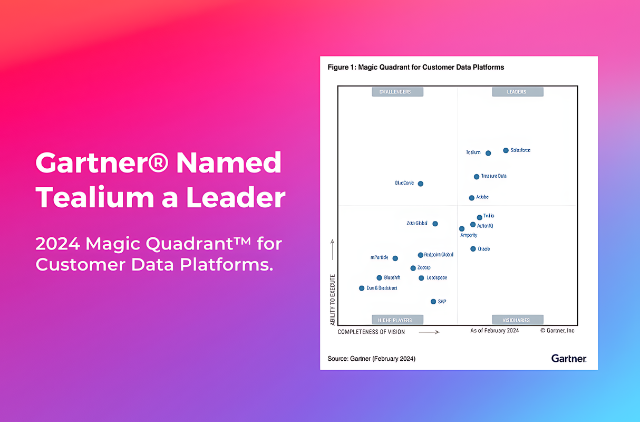In our recent webinar, we sat down with data privacy experts, DJ Landreneau (Vice President of Corporate Compliance & DPO at Tealium) and Julian Llorente Perdigones (Director of Strategy, Data, Technology & Privacy at Future Marketing GmbH). Their discussion covered data governance in the age of Artificial Intelligence (AI) and ways to navigate the privacy paradox.
What Is The Privacy Paradox?
The privacy paradox is a phenomenon whereby people say that they value data privacy, but in practice, they freely give their data for very little in return. A good example is providing your email address to a company in exchange for a discount, despite not having a clear idea of what the company will use your email address for.
Julian and DJ mention that the privacy paradox coexists in each of our digital lives, where our avowed concern for data privacy contrasts with our “accept all” mentality when it comes to preferences. Although notably American, this behavior can be seen worldwide, tellingly pointing to the “wild wild west” mentality still prevalent in the United States, despite the stricter regulations that govern European digital spaces.
The EU AI Act and Its Predicted Implications
As the EU AI Act enforcement looms, businesses must anticipate and prepare for regulatory requirements proactively. This Act categorizes AI systems into four types: unacceptable-risk AI, high-risk AI, low-risk AI, and general-purpose AI models. Julian and DJ assert that a proactive stance on this EU AI Act will help establish brand trust and mitigate potential risks.
Additionally, DJ and Julian highlight that when it comes to AI governance, it isn’t just about compliance but also the collaboration between privacy/compliance professionals and other team members. They stressed the significance of transparency across the organization, highlighting that data privacy affects the functions of all team members.
Privacy by Design
Both Julian and DJ agreed that “Privacy is the floor. You must build a foundation beyond compliance.” They called out privacy by design (see our webinar, Privacy by Design: From Compliance to Competitive Advantage) as a solid base from which to layer all other business initiatives. They argued that businesses should consider the risks before collecting or activating personal data from a consumer. Privacy by design is a future-proofed approach and will help sustainably support marketing campaigns, product development, database building, and AI initiatives.
The webinar concluded with the importance of building trust, value, and transparency in data use. Julian and DJ wrapped up the webinar by expressing the pressing need for businesses to re-examine their approach to data privacy. Only in doing so, can they truly navigate the increasingly scrutinized digital landscape of the 21st century.




